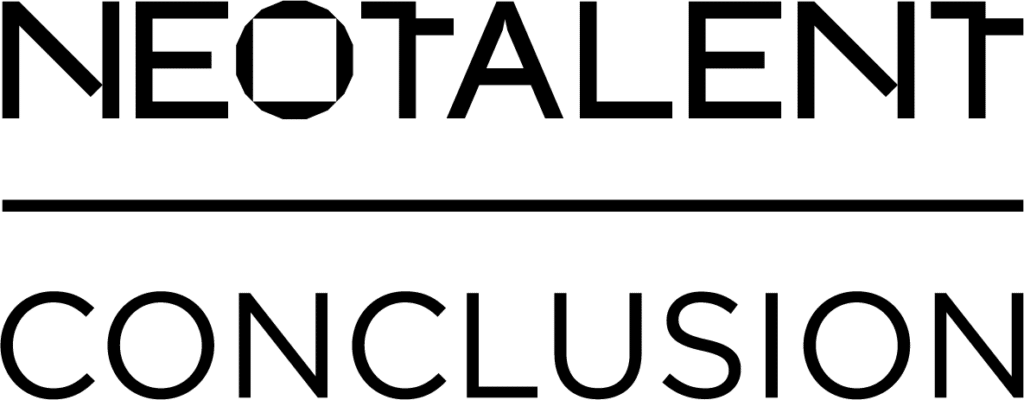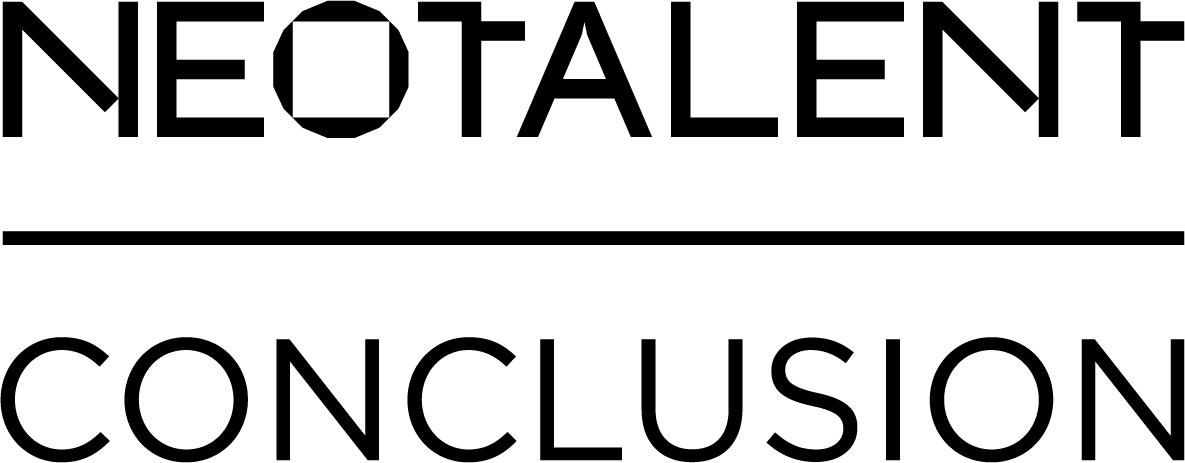A handful of tactics for those looking for a new job in IT
In this article, we share 5 useful tips for those who are actively looking for a new job opportunity in IT. Achieving your dream job could become a lot easier after reading this.
New opportunities: where to start?
Preparing for a career change starts long before you update your CV or submit an application. Think about what the change means for you: new projects, new frameworks, new languages, a new technology, an international experience?
In this article, we guide you through the 5 essential steps to take for a career change that meets your expectations:
- Reflect on your career change
- Do market research
- Invests in training
- Update your CV
- Take a personalized approach to offers
Tip #1: Reflect on your career change
There are many reasons why we look to change jobs. Your career goals may have changed, or you may have discovered new interests in tech. You may want to earn more, or have a more flexible schedule that allows you to better balance work and your personal life.
It is important to understand the reason why you are considering or wanting a professional change, so that your search is effective and has results. Start by making a self-evaluation, which allows you to reflect on the reasons for your dissatisfaction or the search for professional evolution.
Rate your satisfaction with:
- your current job or role
- the company, team or environment where you work
- matching your interests, values and/or skills
- the prospects for career growth or development.
You can make a list of pros and cons to identify what you need to change to achieve your job satisfaction. Or you can even describe your dream job to make it easier to identify career options that match your ambitions.
Tip #2: Do market research
Remember that reflecting on your professional career is absolutely essential to achieve what you want – even if you have to go back to school, change companies, etc. Then dedicate yourself to the research phase.
Start by identifying the different career options that make sense for you. Knowing the specific name of the role or position – through LinkedIn or other people you follow in the field – can help you find the most relevant job offers.
Look at these job opportunities and identify the skills needed for the role you want to play. If you need to gain knowledge in a specific area, this analysis will give you useful hints.
Don’t miss the opportunity to network (even if only virtually). There are many professionals who are willing to share their expertise in a particular technology area: get in touch and ask the questions you want answered. Use it as an opportunity for clarification and learning.
Bottom line:
- Search for the role or position you are interested in
- Identifies career options and job offers options
- Review job descriptions
- Do networking within the area.
Tip #3: Invest in training
If, after assessing your skills, you realize that you have knowledge “gaps” that you need to fill, try to identify ways to address this. You can ask professionals in the field on specific forums, such as Stack Overflow.
In the area of online training, you can access platforms such as Udemy or Coursera, where you can get an idea of how to develop certain technical skills(hard skills) or social skills(soft skills).
In fact, training can involve taking a specific course, doing a certification, studying on your own, reading books or watching relevant tutorials. Before you make a decision, share the results of your research with your peers or references in the field and ask them to help you identify the best option.
You can also volunteer or participate in an open-source project (e.g. on GitHub), where you can practice or learn from active members of the developer community. If you can find a mentor to walk you through the process, even better! Medium can be a useful way to find references in the field you want to specialize in.
It matters:
- Identify the skills required for the role
- Select possible training or sources of knowledge
- Validate the best training alternative with professionals in the field
- Gain experience through volunteering or participating in projects pro bono .
Tip #4: Update your CV
Once you have identified the most attractive offers and gathered the skills to apply, it is time to prepare your curriculum vitae, an essential tool in the search for professional opportunities.
Identify information relevant to your CV, such as:
- Your personal data
- Your academic background (most relevant to the role)
- Your professional experience (most relevant to the role)
- Your skills (related to the performance of the job or the use of certain tools)
- Other projects or personal interests.
While visual presentation is important (try exploring Canva‘s different templates instead of the typical Europass), content will be decisive in your selection for interview.
After your initial market research, you have identified the specific skills or tools that are in demand by different companies. Draw on this prior knowledge and the offer itself to adapt parts of your CV to the role you are applying for.
Tip #5: Take a personalized approach to offers
As we suggested in the previous tip, you should put yourself in the shoes of the recruiter or talent acquisition specialist and mirror in your resume what the organization values and looks for.
Alongside the CV, why not create a motivation letter? Not only do you have more freedom to talk about your motivations, but you can also stand out from other candidates. Take the opportunity to identify yourself with the company’s goals and mission. This way you will be more likely to be called for interview.
Be aware that if you apply for multiple vacancies, it can be difficult to manage the different recruitment processes. It’s worth getting organized and creating a method for registering and following up on applications. It can be a simple Excel, in which you identify the offer, the company, the contact person, relevant dates, the version of the CV and/or the motivational letter, and other remarks.
Personalize your applications:
- Customize your CV for the job offer
- Creates a motivation letter aligned with the organization’s objectives
- Register your applications to facilitate follow-up of the recruitment process.
Key ideas
Many people, at a certain stage in their career, feel that they are not fully satisfied in their current role. However, the prospect of starting an application process for opportunities can be daunting because of the emotional and time investment it so often means.
As tempting as “do nothing and wait” may sound, the opportunity cost of not pursuing a dream can change your mind. Imagine your life in a career that doesn’t fulfill you or in a role you’re not passionate about, and realize how much it’s worth to you to invest in your next professional challenge.
At the end of this article, I would like you to retain the idea that changing jobs is not a matter of chance or luck – but the result of logical, intentional and systematic action that should lead you to your next professional opportunity.
Have you ever been in a situation where you wanted to change career? How did you look for new opportunities? What criteria did you use to decide on new professional challenges? Share your experience with me, directly(joana.ricardo@neotalent.pt) or in the comments below 👇
Joana Ricardo
Head of Marketing
I am a woman, a mother and a marketer. Curious by nature, I love to explore what motivates people and how they establish relationships with brands, between each other and with the world.





